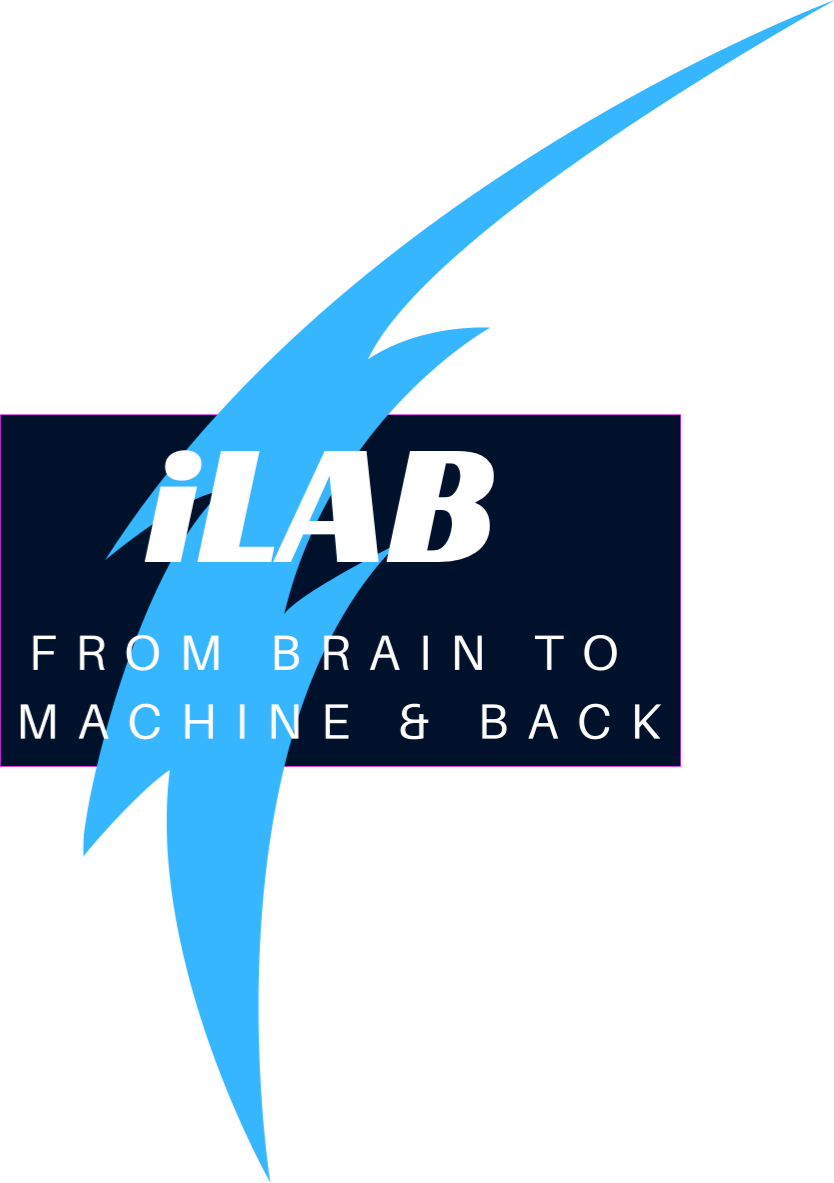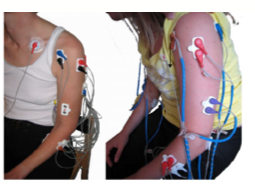Objective: Stroke is a leading cause of long-term motor disability. Stroke patients with severe hand weakness do not profit from rehabilitative treatments. Recently, brain-controlled robotics and sequential functional electrical stimulation allowed some improvement. However, for such therapies to succeed, it is required to decode patients’ intentions for different arm movements. Here, we evaluated whether residual muscle activity could be used to predict movements from paralyzed joints in severely impaired chronic stroke patients. Methods: Muscle activity was recorded with surface-electromyography (EMG) in 41 patients, with severe hand weakness (Fugl-Meyer Assessment [FMA] hand subscores of 2.93 ± 2.7), in order to decode their intention to perform six different motions of the affected arm, required for voluntary muscle activity and to control neuroprostheses. Decoding of paretic and nonparetic muscle activity was performed using a feed-forward neural network classifier. The contribution of each muscle to the intended movement was determined. Results: Decoding of up to six arm movements was accurate (>65%) in more than 97% of nonparetic and 46% of paretic muscles. Interpretation: These results demonstrate that some level of neuronal innervation to the paretic muscle remains preserved and can be used to implement neurorehabilitative treatments in 46% of patients with severe paralysis and extensive cortical and/or subcortical lesions. Such decoding may allow these patients for the first time after stroke to control different motions of arm prostheses through muscle-triggered rehabilitative treatments
Presented on 08.01.2020 by Felix Grün

